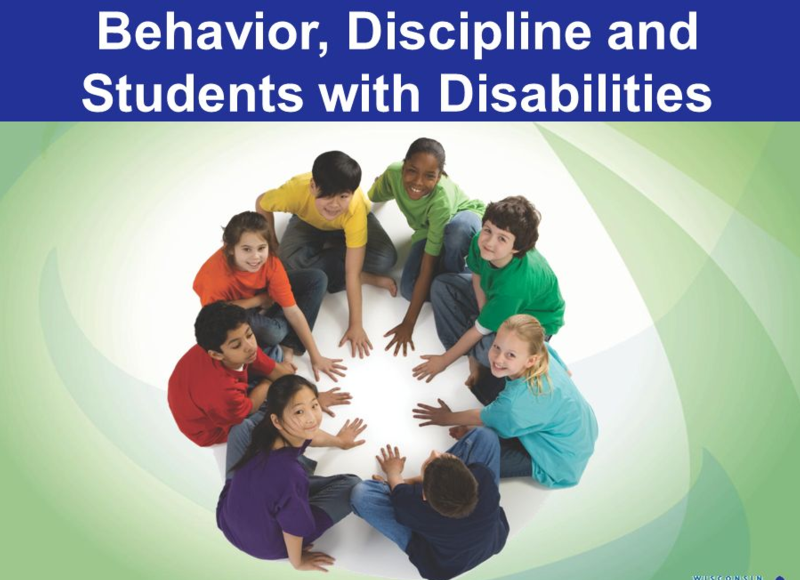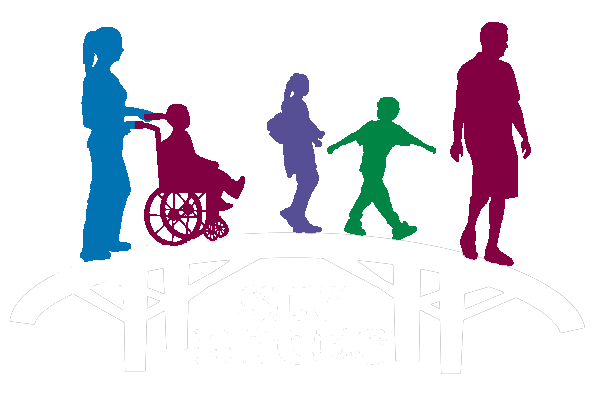Discipline of Students with Disabilities
IDEA’s Disciplinary Protections for Students with Disabilities
“The IDEA includes extensive provisions governing the discipline of children with disabilities. The regulations are premised on the principle that children should not be penalized for conduct that is the result of a disability.” CDE, Guidance Memorandum, at 1, (March 19, 2012) available at: http://www.cde.state.co.us/sites/default/files/documents/cdesped/downloard/pdf/guidance_disciplineofchildren.pdf; see also 71 Fed. Red. 46720 (Aug. 14, 2006) (providing that “a child with a disability may display disruptive behaviors characteristic of the child’s disability and… should not be punished for behaviors that are a result of the child’s disability”).
Implicit in IDEA’s disciplinary provisions is a “principle that disfavors (using) discipline to make changes in the educational placement of a child with a disability. Rather, where a child with a disability has issues with behavior or self-control, (IDEA) shows a preference for dealing with those issues via the IEP process rather than via the disciplinary process.” Id. Accordingly, for a student with disability, the IDEA requires school districts to “take a careful look at any possible relationship between the misconduct in question and the child’s disability (or disabilities), and to proceed cautiously with disciplinary action.” Id.
Resources
Guidance for from CDE regarding Discipline of Children with Disabilities
Discipline under the New IDEA Regs: Charts to help you comply
SLV BOCES Policy regarding Discipline of Students with Disabilities
Questions please contact:
Stacey Holland, Special Education Director sholland@slvboces.org

